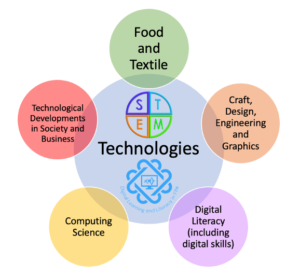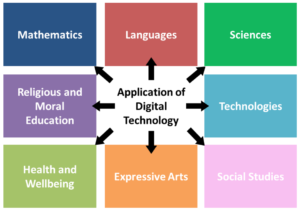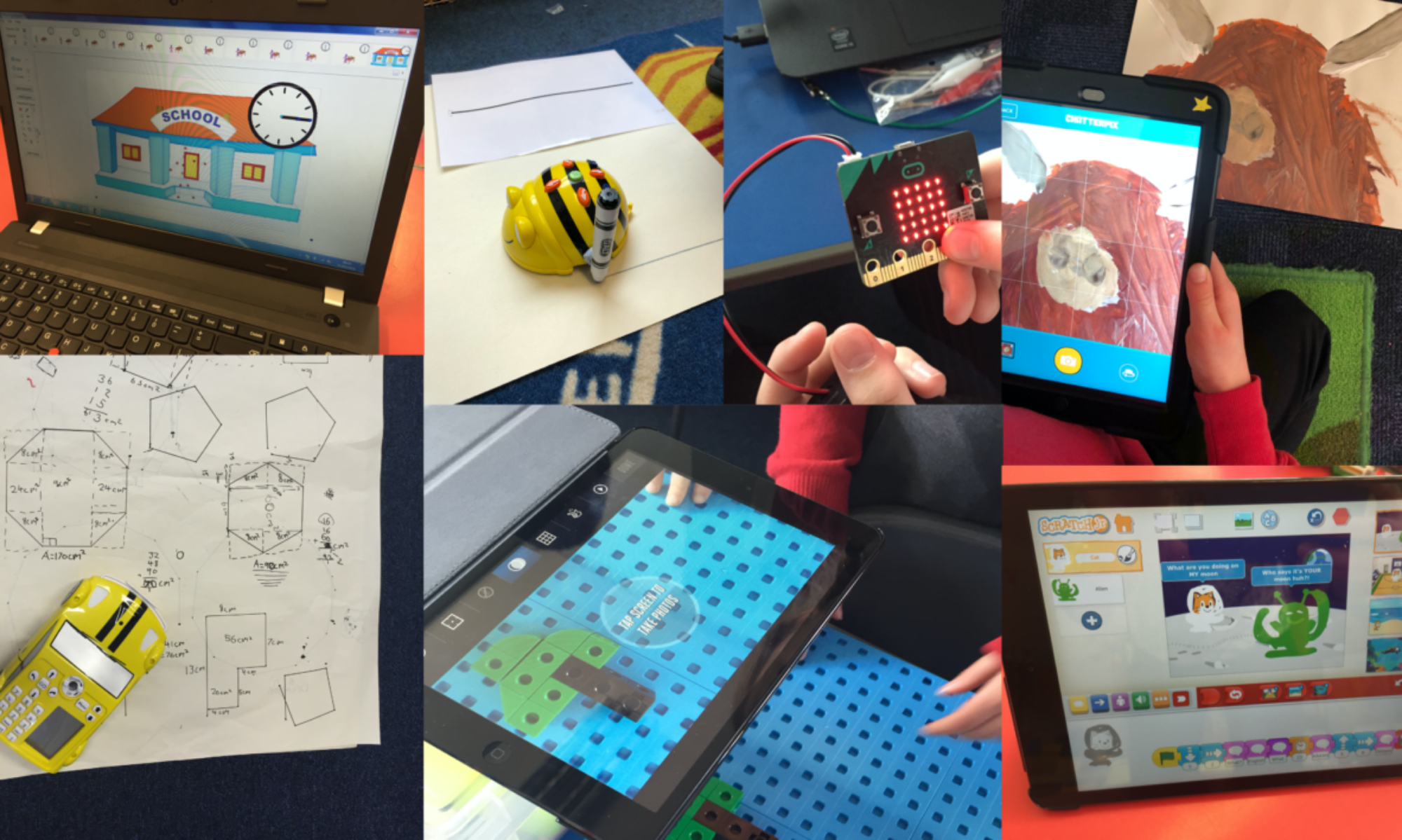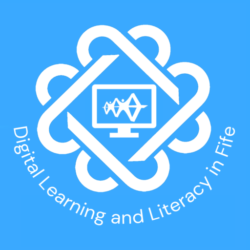The Technologies Curriculum has been split into five curricular organisers, two of which are related to digital learning. These are Digital Literacy (including Cyber Security and Internet Safety) and Computing Science.

This progression pathway is intended to provide a framework for practitioners as they plan and deliver Computing Science to ensure all learners have the skills and experiences required to use digital tools safely to support their learning across the curriculum.

From: Enhancing learning and teaching through the use of digital technology (2016)
Within the Progression Pathways, developmental stages of learning are clearly outlined. These amalgamate both Experiences and Outcomes with the national Benchmarks. These are not prescribed in a hierarchical way but rather enable practitioners to be responsive and flexible in their planning of learning pathways as appropriate to the needs of their learners. Though knowledge and skills at the base are often required for further learning to be built upon, these are not aligned to any particular year group nor always the starting point for all. Learners will progress through their learning pathways within each curricular organiser as appropriate to their developmental needs.
The national Benchmarks, which support practitioners’ professional judgement of achievement of a level, are embedded within each of the Progression Pathways. These are emboldened for ease of identification.
Effective use of the documentation is best supported by engaging with the whole school culture to identify how it can be used consistently for planning and assessment purposes. Ongoing professional learning will be a core element for all practitioners to meet the ever-evolving requirements.


